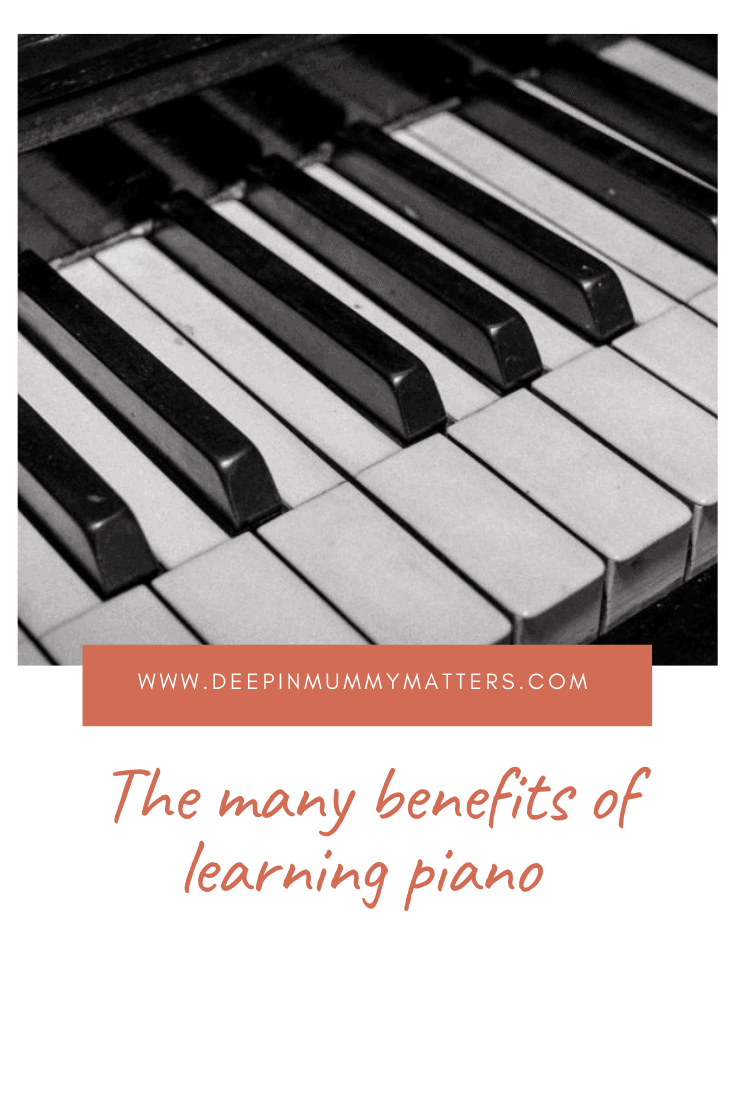Regardless of your musical ability or taste in music, everyone loves music. Most of us can turn to music in times of joy, sadness, sullenness, anxiety, and other tough or happy times to bring us to the right place. However, it is also essential to consider the important benefits of musical education. Learning an instrument or musical theory can be just as joyful, or even more so, as listening to your favourite song in a tough time.
Music Lessons in School

Many children are offered music lessons in their early school years or otherwise express interest in music during these formative years. Whether your child is interested in the piano, guitar, or viola, these lessons and their passion are well-worth months of poorly played notes. Musical education for children offers an increased understanding of language processing, improves test schools, and improves students’ listening skills. Music involves listening closely to yourself and those you are playing with, so listening is a crucial skill that musicians pick up.
Benefits of Learning Music
Other benefits of learning music include improved self-esteem, stress relief, and music serves as an excellent source of creative expression. Whether your child already fosters a love for art or music is their first introduction into the arts, musical education is a wonderful way to help your child nurture their creative side. Musical education encourages originality, flexibility, and innovation, all of which are traits necessary to succeed when learning an instrument. Your child may be learning for fun or want to go to Julliard – these are critical life skills regardless.
While musical education can be highly beneficial for your child’s education, emotional health, and future, the music itself is also helpful for children and adults alike. Learning music is more than musical theory and listening to the wrong notes before getting the notes correct. It is even more than callouses on fingers after you’ve played your string instrument of choice for hours in your room. Music also services to connect us, and music lessons are a great place to learn something new and find those with similar interests. Music unites people all over the world and can do so for any student’s small world as well.

Even more so, music is the gift that keeps on giving. Whether you want to take piano lessons, or are choosing the proper musical education for your child, understand that music goes beyond academics. Music can help improve memory, engage your brain to aid in better learning, and, of course, be a wonderful way to deal with mental illness. Adults and children alike deal with stress and anxiety, and music triggers serotonin and dopamine release – the happy chemicals. With its ability to help the symptoms of depression and anxiety, music is ideal for all ages, all people, at all times.
When you are considering music lessons for your child and are excited to get started, this is always a good idea. Let them study the piano, violin, flute, xylophone, or whichever instrument is available to them – and within your budget. Music education and music are highly beneficial, and their many positive effects should belong to everyone.


